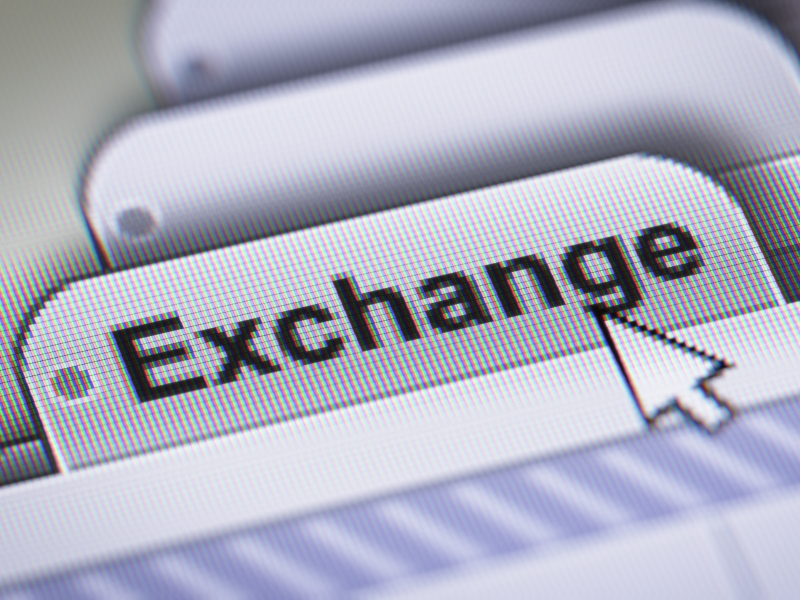Data sharing enables collaboration among organizations and businesses. It facilitates information exchange and provides access to the same data, ensuring accuracy and consistency.
This article highlights the importance of secure data sharing and its role in driving innovation and improving decision-making.
Table of Contents

What Is Secure Data Sharing?
Secure data sharing refers to the process of exchanging information between two or more parties in a way that guarantees the confidentiality and integrity of the data being shared.
The goal is to ensure that any sensitive detail remains protected against unauthorized access. Not only does this enhance trust, but it also helps to prevent breaches. It enables businesses to communicate effectively and securely while ensuring compliance with various data protection regulations.
Why Is Secure Data Sharing Important for Businesses
Here’s why organizations need to ensure secure data sharing:
Compliance and legal obligations
Businesses, especially those in regulated industries, must safeguard data to avoid breaches and other cybersecurity threats. By ensuring secure data sharing, organizations can ensure adherence to laws like GLBA and HIPAA. This will help them avoid hefty fines and penalties.
Competitive edge
When a company values privacy and data security, it’s easier to define it as reputable and trustworthy. Naturally, clients will feel more confident about sharing information since they know sufficient security measures are in place to keep their data safe. This helps set your organization apart from competitors, proving your commitment to mitigating the risks of breaches and other cyber threats.
Boosts efficiency and productivity
With secure data-sharing policies in place, employees will find it easier to collaborate on tasks across various departments. This ensures operational efficiency and promotes effective communication and collaboration, especially if you have a significant percentage of your workforce working remotely.

Setting Up Secure Data Sharing: Tips and Best Practices
Depending on your company size and industry, there are different ways to implement secure data sharing.
Establish clear data management policies
The first thing organizations must do is classify each data based on their level of confidentiality. Identifying which data is highly sensitive, restricted, or top secret is crucial. Applying appropriate restriction levels can serve as your guide to assigning roles. It helps you define who can access specific data and whether they can perform certain actions, such as sharing access with users outside your network or organization.
Activity tracking
Since data sharing involves exchanging various types of information, your organization should have a way to track and monitor these activities to ensure compliance with security and privacy regulations. These detailed records, also known as audit logs or trails, can help identify potential security breaches, providing insights into unusual patterns stemming from unauthorized activities.
Secure data transmission and storage
Use strong passcodes and make sure to collect and store data securely, ideally in a GDPR and HIPAA-compliant storage protected by high-level encryption and other security measures that prevent unauthorized access. Avoid sharing data on platforms that do not employ end-to-end encryption. Always choose secure channels when transmitting confidential documents.
Conduct staff training on secure data sharing
Every employee must undergo proper training in line with secure data sharing. This includes guidance on recognizing threats at hand and the importance of prompt interventions to eliminate threats. Such activities also help foster a culture of vigilance and accountability.
Review data security policies and processes regularly
It’s also important for organizations to conduct regular audits and assessments to ensure the effectiveness of the data-sharing processes. Your data-sharing tools must also be up-to-date with the latest security technologies as data confidentiality and privacy threats continue to evolve rapidly.

Key Features to Consider in Secure Data Sharing Solutions
When choosing a secure data-sharing solution, you must look for specific features and protocols to help secure information in transit and at rest.
- File management: With data retention policies in place, you can easily organize and locate your files and folders.
- eSignature integration: Reliable data-sharing platforms have eSignature features so you can sign your documents electronically.
- Audit logs: These will serve as your documentation that shows recent activity history, including the changes made to each file.
- Access controls: Watch out for robust security measures such as password protection, encryption, and revoke access options when needed.
- Reporting and analytics: Monitor usage patterns and determine potential security threats or data breaches using detailed reports.
- Integration capabilities: A good data-sharing tool must be capable of integrating with your existing workflows.
Secure Data Sharing Across Platforms With iFax
Exchanging confidential documents and other sensitive data is made easier and more secure with iFax. Our cloud-based fax service has military-grade encryption, audit logs, and digital signatures to ensure data privacy and confidentiality.
Experience seamless exchange of critical data regardless of whether you’re on a computer or mobile device.







